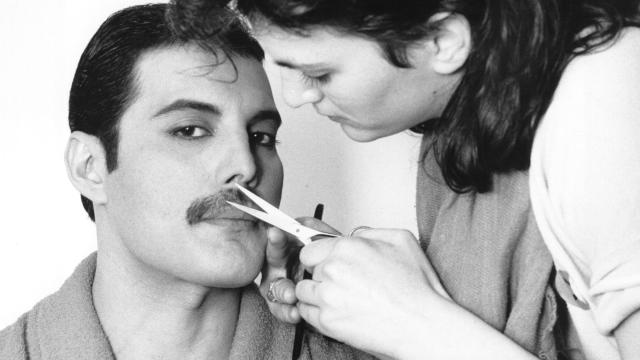Meteorologists Aren’t Happy about AccuWeather’s 90-Day Forecasts

Any forecast attempting to predict the weather beyond seven to 10 days isn’t credible, say meteorologists. This hasn’t stopped AccuWeather from rolling out a 90-day forecast feature.
Weather experts aren’t amused. Meteorologist Dan Satterfield called the feature “scientifically indefensible,” saying we’re getting “in the realm of palm reading and horoscopes here, not science.”
Weather prediction isn’t an exact science. However, over the past few decades the amount of information scientists have accumulated on observed weather patterns has helped increased their accuracy. Computers and better forecast models have extended the view of meteorologists, allowing them to understand how the weather might look three days from now to as far out as 10 days.
But the general rule is as time goes on, the accuracy of a forecast begins to deteriorate. Meteorologists are able to make predictions based on the weather patterns they can see and the known physical laws. But the atmosphere is a temperamental system. After 10 days the computer models and observational data cannot account for things like the “butterfly effect”—a phenomena where small, unseen variables can set off a chain of events that might affect the weather dramatically in the weeks ahead. For all the data and computational power available, meteorologists are not psychic.
Dennis Mersereau a reporter at The Washington Postconducted a miniature study back when AccuWeather launched its 45-day forecast. He kept tabs on three cities, comparing the weather site’s far-out predictions to the actual weather observed when the day came around. “[T]he results were unsurprising: their forecasts were, by and large, off the mark,” he wrote. “Most of the time they weren’t even ‘somewhat accurate’ according to my criteria.”
CWG meteorologist Dr. Steve Tracton was quoted saying AccuWeather’s 45-day forecasts “[undermine] the credibility of the science of meteorology. There cannot be skill at those ranges – it goes back to chaos theory.”
AccuWeather’s founder and president Joel Myers, recently went on NPR to defend new 90-day forecast, saying, “The point of the matter is this, people want information, and they want information that is worthwhile. If we didn’t have the statistics to show that the forecast – and here’s the measure of what the value is – it’s got to be more accurate statistically than you can come up with by using past normals and whatever climatology that you have, and it does.”
It’s important to keep in mind that AccuWeather is a for-profit company, if people want to know if it’s going to rain on their wedding day 90 days from now, the company is more than happy to provide a guess. Just be sure to pack an umbrella or, better yet, writes Satterfield, “if you have an accuweather app on your smart phone, my advice is to stand up for science and replace it.”
***
Photo Credit: Bryan Bedder/Getty Images
Natalie has been writing professionally for about 6 years. After graduating from Ithaca College with a degree in Feature Writing, she snagged a job at PCMag.com where she had the opportunity to review all the latest consumer gadgets. Since then she has become a writer for hire, freelancing for various websites. In her spare time, you may find her riding her motorcycle, reading YA novels, hiking, or playing video games. Follow her on Twitter: @nat_schumaker





